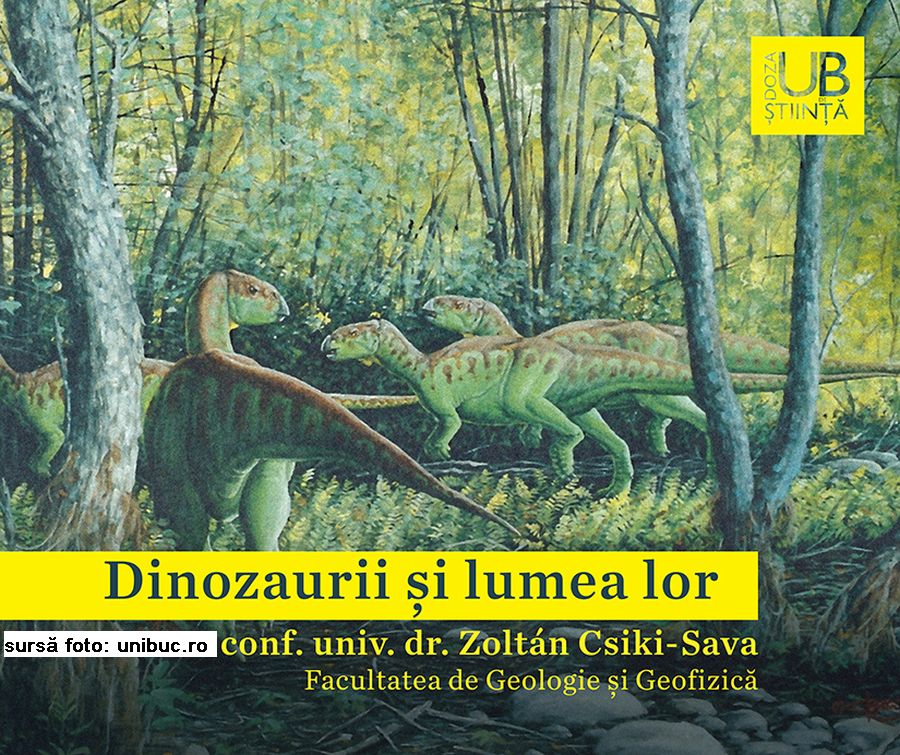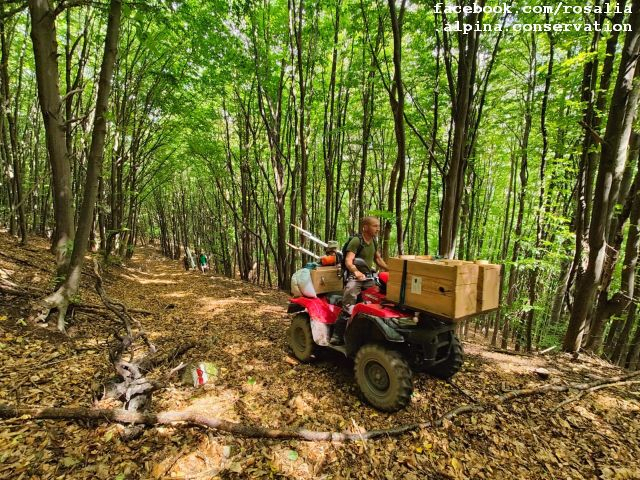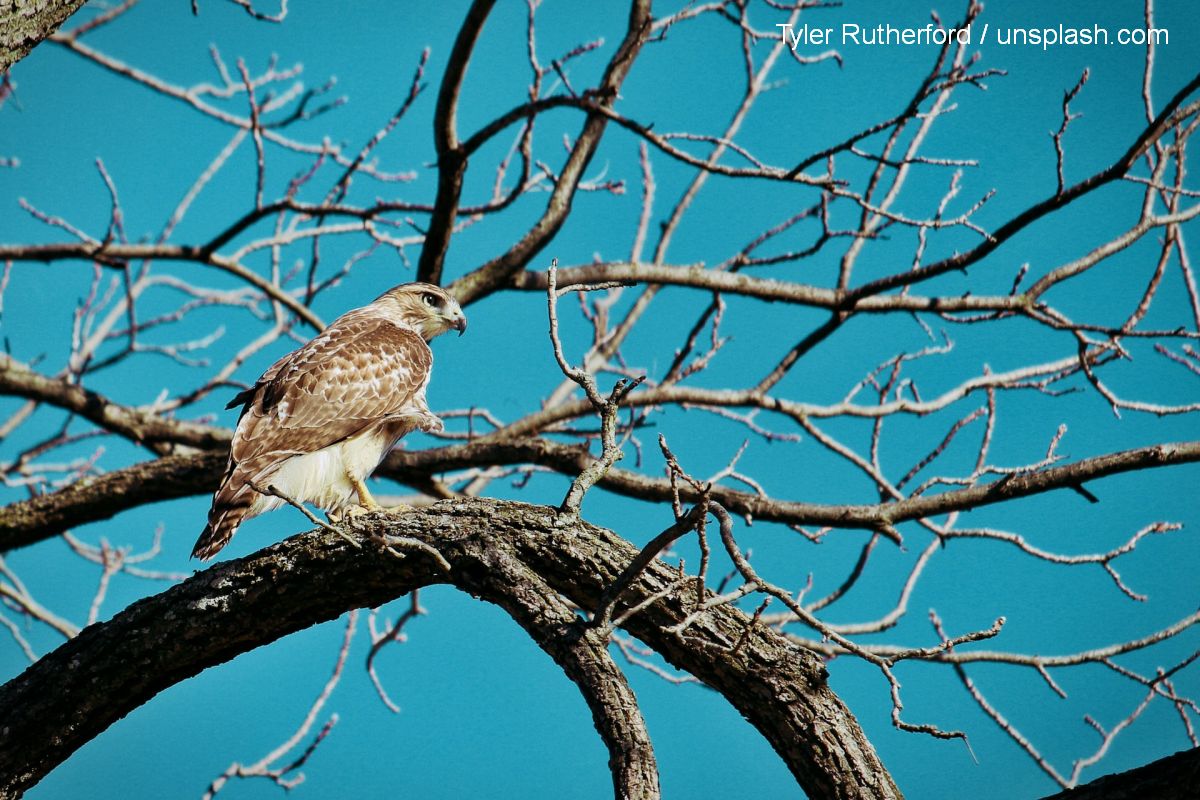WWF’s Living Planet Report 2018
The report is published every two years by the international organization for the conservation of nature.

România Internațional, 28.12.2018, 12:00
20 years have passed since the first edition of the Living Planet Report on the state of the Planets health was released. The report is published every two years by the international organization for the conservation of nature, World Wide Fund for Nature, formerly named the World Wildlife Fund. From one report to the next, results are growingly alarming, revealing the scope of humankinds impact on the Earth. The planets populations of birds, fish, mammals, amphibians and reptiles are dwindling every year, forests are being cut, soils are becoming degraded and the rivers and oceans are getting more and more polluted. Ecosystems are being destroyed and wild life is gradually disappearing. Ecologists have frequently drawn attention to the need for a global accord on the protection of biodiversity, on regenerating habitats and nature in general.
The 2018 Report presents the same grim image of nature degradation, says Adriana Trocea, a foreign communication expert with WWF Romania: “The Living Planet Report is a study that compares the Earths health with the consequences of mans action. It compares the evolution of vertebrate species with mans ecological carbon footprint. The 2019 Report shows that, in the past 40 years, we have lost 60% of the vertebrate species populations. This is a comprehensive study which covers more than 14 thousand populations from 400 vertebrate species: mammals, fish, birds and amphibians. As also shown in the previous Reports, the biggest loss is among aquatic species, freshwater species, namely 83%. The biggest losses are reported in the Tropical areas. As to aquatic species, we have the sad example of shallow coral reefs. In this case, half of the coral reefs have been lost in the past 30 years, which is quite a fast pace. And this in the context in which the Great Barrier Reef contributes almost 70 thousand jobs to Australias economy and brings revenues worth some 6 billion dollars every year. So, each species has a very big impact on us, on all levels. Without these wild species, the Earth would not be inhabited, therefore we need biodiversity to obtain food, water, and recreation opportunities.
The Living Planet Report draws attention to the Earths overexploited resources and highlights natures contribution to world economy, Adriana Trocea went on to say: “Nature contributes jobs, environmental services, pollinators which have a very big impact on agricultural protection. At world level, nature provides environmental services worth 125 trillion dollars per year. As regards pollinators, they are on a declining trend, so its a domain in which we should invest. In America, for instance, farmers invested in 2017 as many as 300 million dollars for pollinators, in the sense that they brought bee hives for the almond orchards. Pressure is higher and higher on all species. Human activity significantly affected habitats and natural resources. Actually, consumer behavior, the way in which man uses energy, and everything man does, does have a negative impact on wild species. 20% of the Amazon disappeared in only 50 years, which is very much if we think that the Amazon is a hotspot for biodiversity. We have very many wild species, and this happens largely because the forest was cut to allow for plantations of species used in agriculture, for instance palm trees have replaced large areas of forest.
Losing biodiversity is just as dangerous as climate change, the authors of the 12th edition of the Living Planet Report warn, underlining the very short time span that has been left and the urgent need to redesign and redefine at global level the way in which we appreciate, protect and help restore nature. WWF urges the international community to reach a global agreement to halt the fast-paced degradation of wildlife, leading to its extinction.
Adriana Trocea: “We still stand chances to do something. Experts in the field say we might be the last generation which can still change the course of things from this point of view. Furthermore, some positive results have been registered in recent years. For instance, the tiger is a species that has been brought close to the brink of extinction. The tiger population at global level has decreased by over 90% in the past 100 years and now we have up to 4,000 tigers living in the wild, at global level. However, thanks to the joint efforts made by the governments of the countries which are home to tiger populations, to the efforts made by experts and common people alike, this species recovers. For instance, this year in Nepal, experts reported an increase in the number of tigers. Another telling example is that of the aurochs, who went extinct in Romania some 200 years ago, but thanks to sustained efforts made by conservationists, we can now see a population of aurochs living in the wild in Romania, and their number is on the rise. There are some 50 animals living in the wild now, in Romanias Carpathian Mountains.
Many other animal and bird species, that have once been on the brink of extinction, have now been reintroduced into the wild, under repopulation programs: the chamois, the moose, the deer, the jackal, the beaver, the saker falcon and the golden eagle.






























